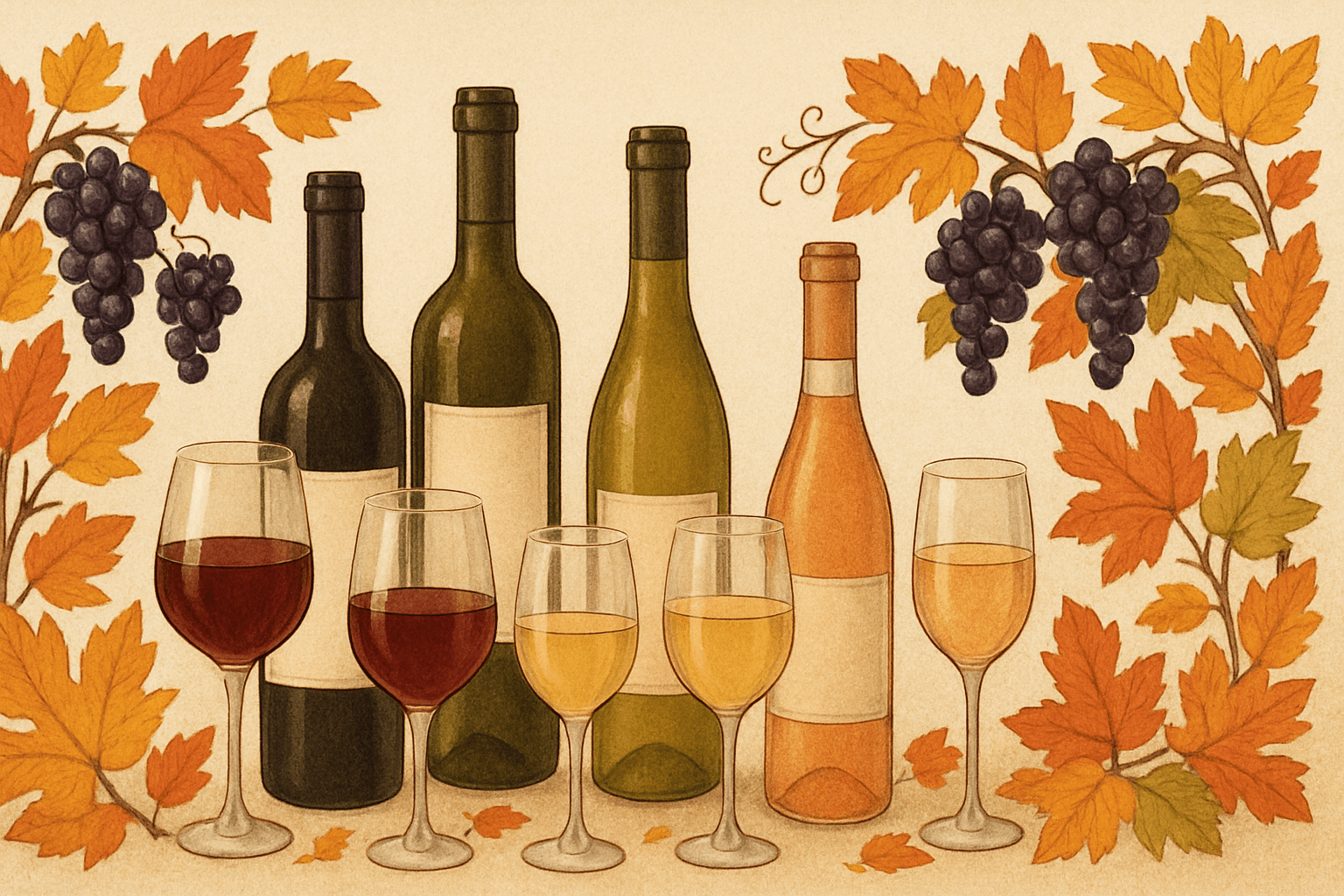Wikipedia defines a wine critic as, “a person who evaluates wine and describes it either with a numerical rating, a tasting note, or a combination of both.” If only it was that easy to break into all professions. The reality is, a wine critic is so much more than the output of a number or a tasting note, and there are few critics that rise to the level of a professional. We’ve included many of them here, but the list is constantly growing.
Everyone’s palate and journey with wine is different, and wine critics are no different. So how do you find the critic that is right for you? Before going down that rabbit hole, we thought it would be helpful to provide some guidance. Here are a few tips, for finding your perfect match.
What Sets The Professionals Apart From The Rest?
- Independence. It goes without saying you want a critic who is calling it as they see it. Be sure to read the fine print on the critic’s website to understand their process in selecting wine (for example, do they charge to review?) and what, if any, sponsors or affiliates are connected to the critic that could color their view. When a critic reviews wines, they must put aside personal relationships. While avoiding connections (financial or otherwise) isn’t always possible, making sure the critic can set aside those relationships is important.
- No Preconceived Notions. Everyone has biases (unconscious or otherwise). Knowing what your biases are and being about to put them aside and walk into any tasting with a blank slate, is paramount. This will make a critic’s experience (and their tasting notes!) much more enjoyable.
- Great Wine “Genes”. The average person’s sense of taste and smell is not precise or consistent. And people differ in their ability to perceive certain flavors and smells. For example, many people are not particularly good at detecting bitterness. You want your go-to critic to be superhuman. Yes, the Marvel character of wine. The ability of their senses to be consistent, reliable, and spot on is no easy task, but a necessity when it comes to rating and comparing wines.
- Superb Palate. Having the genes to consistently detect flavors and smells is just part of the equation. Critics will need an equally good palate to discriminate between good and bad wine. Being able to detect a hint of saffron or slate is important but being able to know if that is a desirable trait for a given wine is what makes a critic one to follow.
- Guts. Critics must be okay being unpopular. There’s no place for critics whose ratings or tasting notes bend to reputations or fear of going against the grain of the masses. An equal opportunity and honest reviewer goes a long way and will often be the critic willing to go out on a limb in discovering (and rating) new and interesting terroirs or producers.
- Experience. Look for a critic with broad, deep experience in wine. This can take many forms from an academic, author, producer, or someone who has simply traveled extensively tasting many, many wines from around the world. Often it is some combination. It’s important that the critic can put the wines they are tasting into a broader context. Not everyone will have tasted a Sagrantino, but being able to invoke imagery and make connections to broader experiences or flavors or notes; being able to take their readers on a journey through their tasting, as if you were sitting beside them, is what sets an amazing wine critic apart from the other professionals.
- Intelligence. Let’s face it, critics need to have a head on their shoulder with the ability to think critically. A wine may taste fantastic but the critic needs to understand (and explain) why. What was it about the terroir, climate, or season that added to its distinct result? What was it about the harvesting, processing, blending, aging, or bottling decisions and conditions that kicked it up a notch? Critics need to be able to make intelligent calls about the wines they taste to understand and distinguish how vineyards next to each other may have had quite different results.
- Curiosity. This is a personal (and important) requirement of mine. I need a critic willing to go outside their comfort zone and bring something amazing and new to my attention. There is so much great wine out there that the global community is missing out on tasting. A great critic will be hunting for those gems without mistaking novelty for innovation or at the cost of ignoring the classics (which are equally important!).
Let’s Get Personal
- Taste Off. Armed with the above check list, it’s time to research critics and taste A LOT of wine. This is not a process that will happen overnight but will evolve over months and years. You may find during various periods in your life that you agree with one critic more than another as your palate (or their palate!) shifts. Moreover, there are always new critics entering the fold and you want to remain open to their experiences and views. What I recommend is heading to your local, trusted wine shop and asking for a few bottles of varying types of wine that have been rated by four or more critics with vary results. Do not look at the scores. Taste the wines and write down your thoughts. Did you like it? What did you like about it? What didn’t you like? What does it remind you of? After that read each critics rating and tasting notes and see who resonates best with you. You’ll need to do this many times, but you will start to see a trend and a few critics will raise to the top as most closely “matching” your palate.
- Finding Your Wine Mate. Once you’ve narrowed it down to a few critics, it’s time to dig deeper and find that one or two critics to become your trusted go-to for exploring the vast, amazing world of wine. Pick a handful of wines that each critic has rated (maybe two bottles that they rated high and two bottles that they rated low). See how your tasting experience compares to their experience. If you do this enough times you will start to see that one or two critics align best with you and you may find that a particular critic aligns best with you on certain types or regions of wine but not on others. That’s fine, indeed, many critics specialize on types or regions but knowing who your go to is for each, is what will arm your decision-making process going forward. These are your wine mates!
- Have Fun. This is not designed to be a chore but a process to complement and expand your tasting experiences. Many (in fact most) wine lovers never find their wine mate, and that’s just fine. It requires some research and focus but once you realize your palate aligns best with a certain critic or critics, it makes a world of difference in making quick decisions on wine purchases and pushing you outside your comfort zone. And let’s face it, being able to click that purchase button faster than others is paramount in obtaining great wine deals. Wine Bounty has you covered on finding them! Happy Hunting!
Did you like this content? If you did, let us know and share it with your friends.
This page contains affiliate links. We receive a small compensation when you purchase through affiliate links. While clicking these links won’t cost you a cent, it will help us keep the lights on and buy more wine. To find out more, click here.






